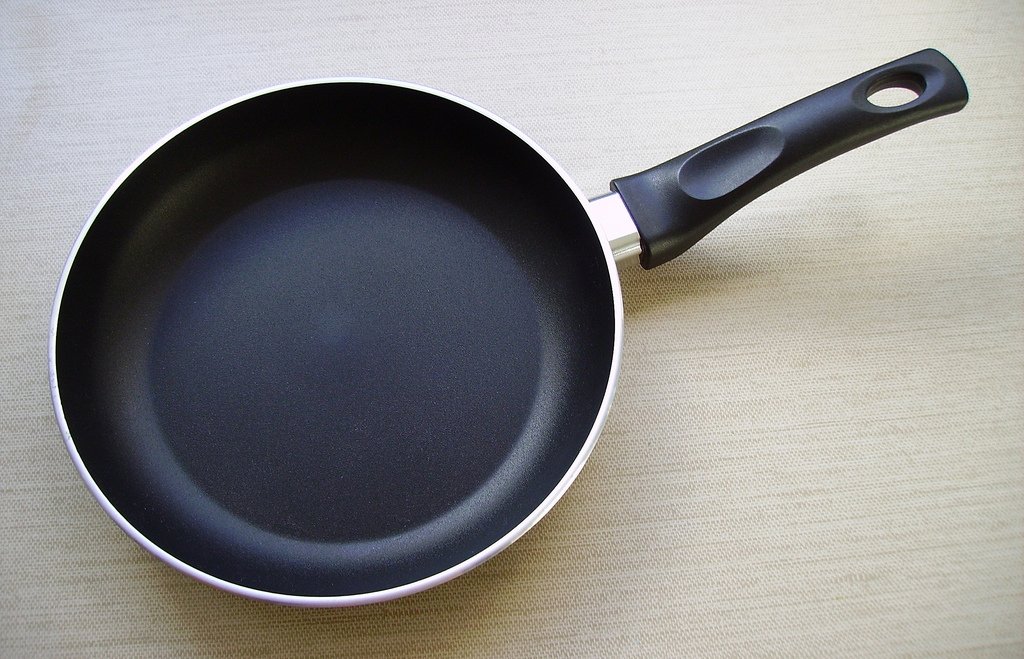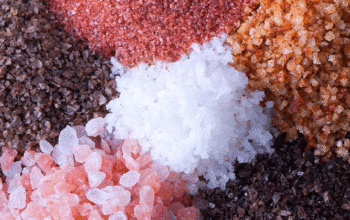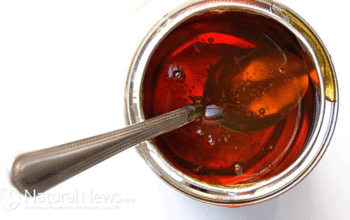In the modern kitchen, non-stick cookware has become a staple, offering convenience and easy cooking. But a persistent question lingers in the minds of many home cooks: Do Teflon pans cause cancer? Understanding the science behind these popular kitchen tools is crucial for making informed decisions about your cooking equipment.
What Makes Teflon Pans Unique?
Teflon pans are crafted from a synthetic polymer called Polytetrafluoroethylene (PTFE), which creates a smooth, non-stick surface that has revolutionized cooking. Historically, the production of these pans involved a chemical called Perfluorooctanoic acid (PFOA), which raised significant health concerns.
The U.S. Environmental Protection Agency (EPA) has played a crucial role in addressing these concerns. In 2015, manufacturers voluntarily phased out the use of PFOA in Teflon production, marking a significant milestone in cookware safety.
Unraveling the Cancer Connection
The link between Teflon and cancer is complex and often misunderstood. While PFOA was classified as a “likely carcinogen” by scientific studies, modern Teflon pans no longer use this chemical in their production. Key research findings include:
- Epidemiological studies have suggested potential links between PFOA exposure and certain cancers, including:
- Kidney cancer
- Testicular cancer
- Thyroid disease
- The International Agency for Research on Cancer (IARC) has classified PFOA as a possible human carcinogen
Potential Health Risks Beyond Cancer
While the cancer risk has been minimized, Teflon pans can still present other health considerations, especially when used improperly:
- High-Temperature Risks: Heating Teflon pans beyond 570°F can cause the release of toxic fumes
- Polymer Fume Fever: Overheating can produce flu-like symptoms
- Pet Safety: Birds are particularly sensitive to Teflon fumes and can experience respiratory distress
Using Teflon Pans Safely
Despite potential risks, Teflon pans can be used safely by following these guidelines:
- Never heat an empty pan
- Cook on low to medium heat
- Avoid temperatures above 500°F
- Use wooden or silicone utensils to prevent scratching
- Replace pans with significant scratches or wear
Alternatives to Teflon
For those concerned about potential risks, several safe alternatives exist:
- Ceramic cookware
- Cast iron skillets
- Stainless steel pans
- Enameled cast iron
The Bottom Line
Modern Teflon pans are significantly safer than their predecessors. While historical PFOA use raised legitimate health concerns, current manufacturing processes have eliminated these risks. By understanding proper usage and maintenance, consumers can enjoy the convenience of non-stick cookware without undue worry.
The key is informed, mindful cooking. Pay attention to your cookware’s condition, use it correctly, and choose high-quality products from reputable manufacturers.





